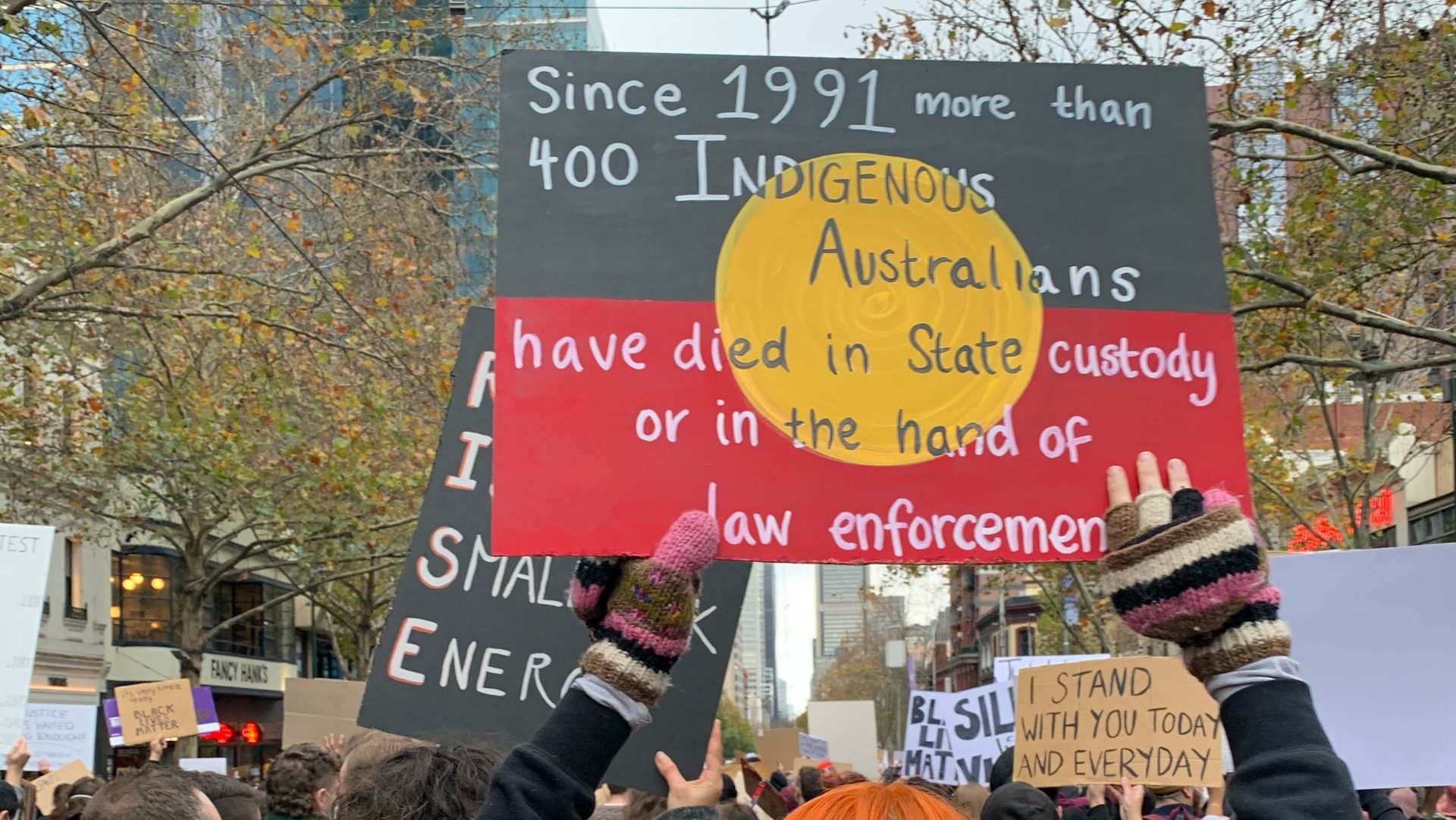“The hierarchy of caste is not about feelings or morality. It is about power – which groups have it and which do not.”
New York Times journalist Isabel Wilkerson’s assessment of US culture is a devastating critique of the land of the free. Her 2020 book, Caste: The Lies That Divide Us suggests that actually, America is not one of the finest examples of a meritocracy – despite its innovation and excellence – based simply on equal worth and the free selling of your skills, but it is much more like a caste system.
Wilkerson examines caste in India and draws the parallels. She examines how Hitler drew on the Jim Crow laws in the US to construct his Nuremberg laws in 1934, and was incensed that America retained a stellar reputation as a democracy when Jim Crow was so harsh.
Caste is an embedded hierarchy of privilege that assumes different worth for humans. Casteism is when actions or structures put someone in a defined ranking and keep them in their place by elevating or denigrating them on the basis of their perceived category.
So what about Australia? Surely we couldn’t be accused of the same? I think there are at least three aspects of our culture that might make us nervous if Wilkerson were ever to put us under the microscope: race, gender and class.
Caste and race are often intertwined in the US, and Australia can’t hold its head up high when it comes to Indigenous disadvantage.

Image by Kon Karampelas, Pexel.
Australia is the only developed nation without a treaty with its Indigenous people, and constitutional recognition of both treaty and a voice for an Indigenous advisory panel to government is proving too difficult still. All Indigenous people effectively became subjects of King George III in 1788 with the raising of the British flag in Sydney Cove. This meant many not just lost their sovereignty and land but effectively became potential criminals in their own country. This is still reflected in Indigenous incarceration rates which are a terrible stain on our nation.
Of course, the caste system relating to gender has seen blokes benefit in the pay gaps, and in politics, in entrenched male privilege and most recently in a budget that was so unfriendly to women. Why are carers who are mainly women paid at such a lowly rate? Is it a caste notion that deprecates caring? Surely we can do better in this regard. Recent events tell us we might be finally approaching a tipping point on gender and the need to address structural change.
What class and privilege? I first worked as a lawyer in the late ’70s and I was struck by the caste lines between professionals and administrative staff. Of course, those ‘born’ to the lower caste did the serving, menial work and the cleaning up in the kitchen. This was not expected of the professionals. Yes, the administrative staff were typically women and the professionals typically men. It might have been justified in terms of merit and education or in pure commercial terms that male professional time was more billable, but it screamed loud messages about worth.
The great power of caste is how it deals in shame and honour and rewards you or puts you back in your place.
The patterns start early. I realised this with a jolt recently watching ABC’s Australian Story on human rights lawyer Jennifer Robinson, who is supporting scholarships for kids like herself from public schools. No one in her country state school knew a lawyer or expected to become one – Robinson had to surmount that. I went to an all-male private school and the expectations for me and my peers were totally different. I admit to feeling not quite a Brahmin at school as my father was a teacher there and we knew we were not paying full fees. But neither was I a Dalit/untouchable. And after law school, the ‘old school tie’ came in extremely useful for landing Articles. Asking which school I attended was the first question in interviews.
The great power of caste is how it deals in shame and honour and rewards you or puts you back in your place.
Two thousand years ago the question of worth and equality was addressed by St Paul. Despite pride in his own Jewish pedigree he wrote powerfully about universal human dignity … “there is no Jew nor Gentile, slave nor free, male nor female”, he wrote. All equally carry the image of God and all are equally loved and have standing in God’s world. No one is born to a defined category or to be a servant and to meekly accept their place. Here was a first-century demolition job done on caste.
But such revolutionary notions from Jesus and the Apostle Paul were ignored by even the Church and muted by the need to maintain a hierarchy. It produced a blindness even in the most principled and noble like Thomas Jefferson, who wrote that all men are born equal and free, yet even as he penned that Constitutional preamble, he himself owned 600 slaves. Such soaring insight and such impenetrable blindness to caste.
Tim Costello is a senior fellow at the Centre for Public Christianity.
This article first appeared in The Sydney Morning Herald.


